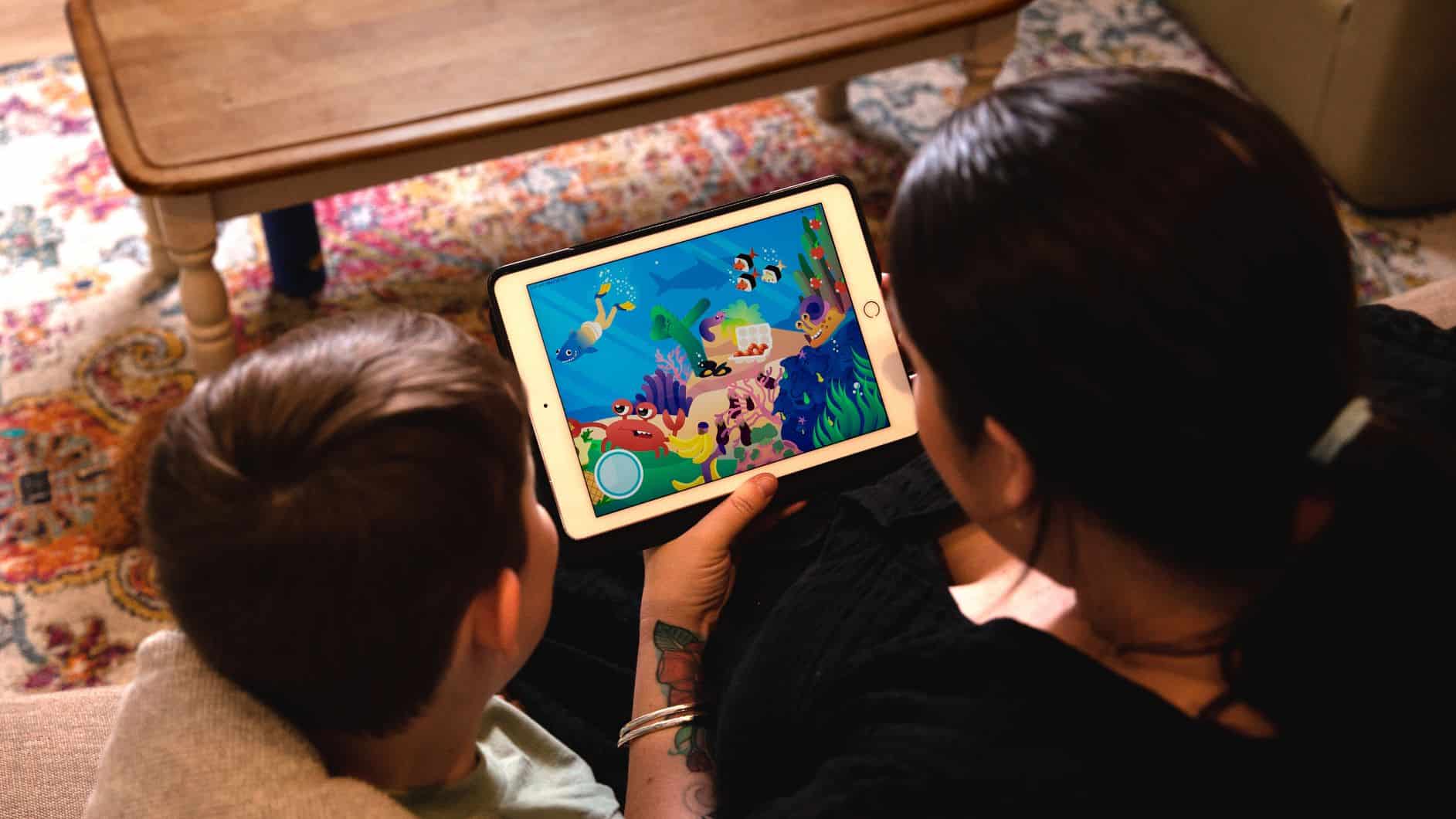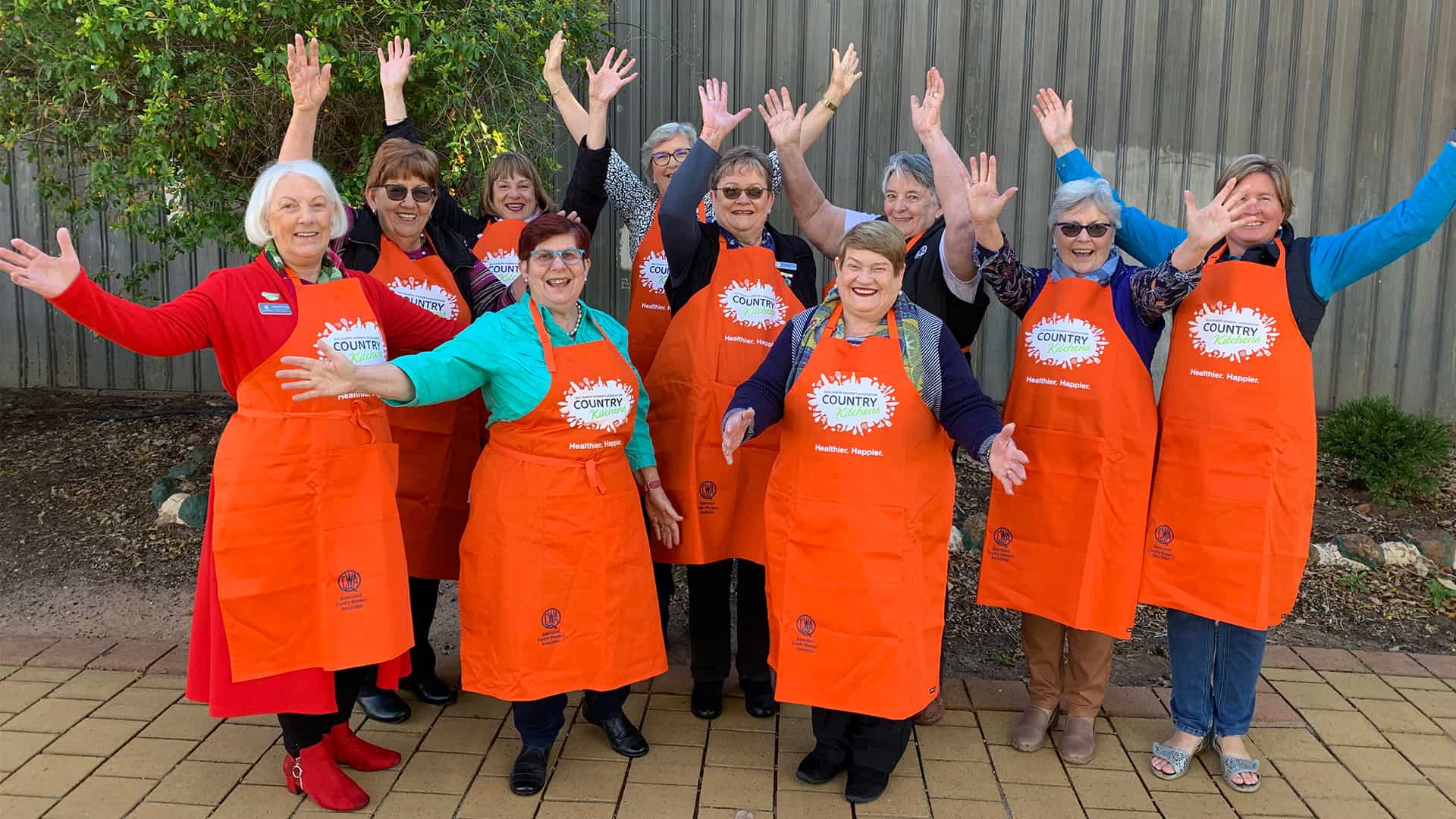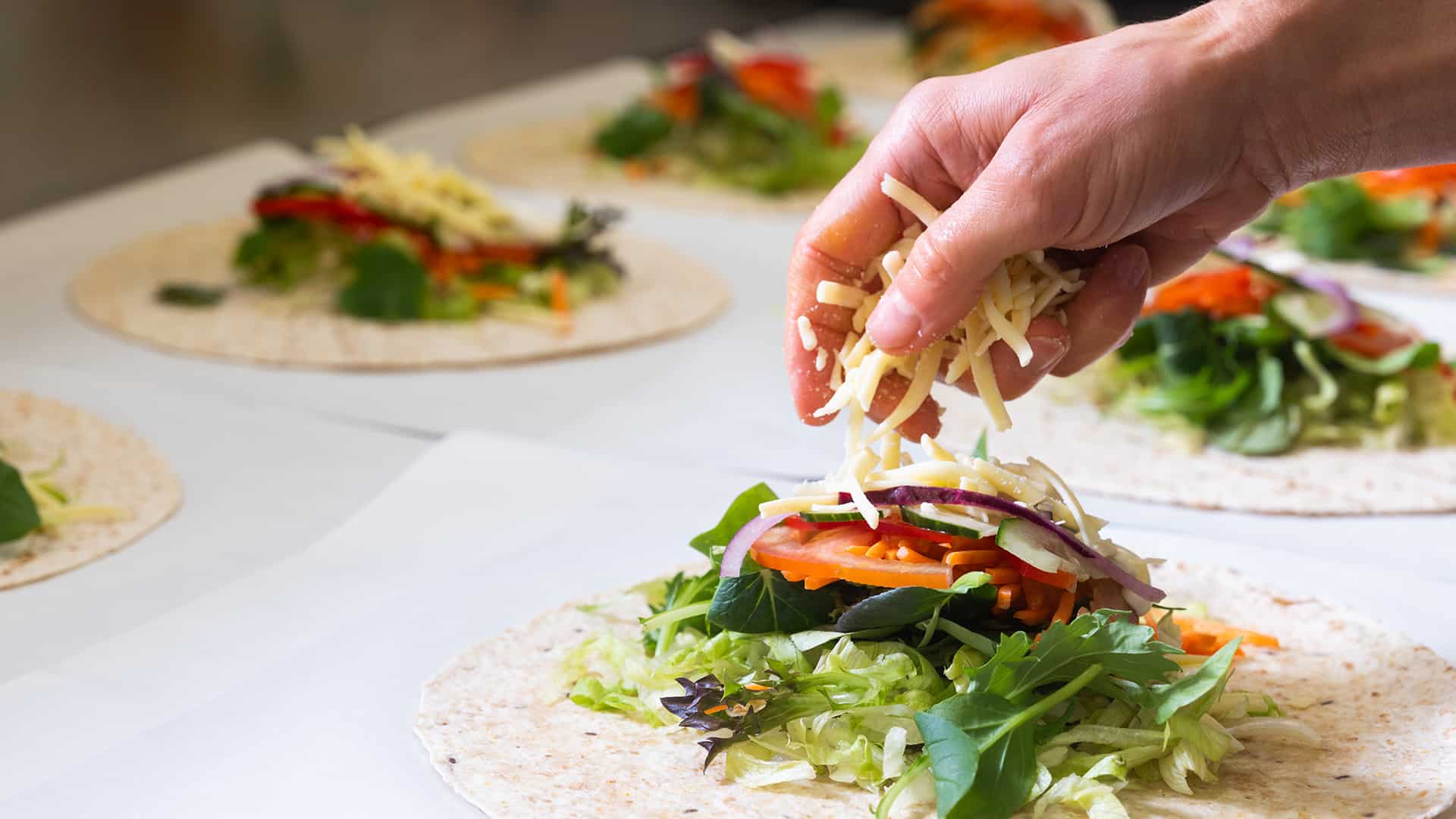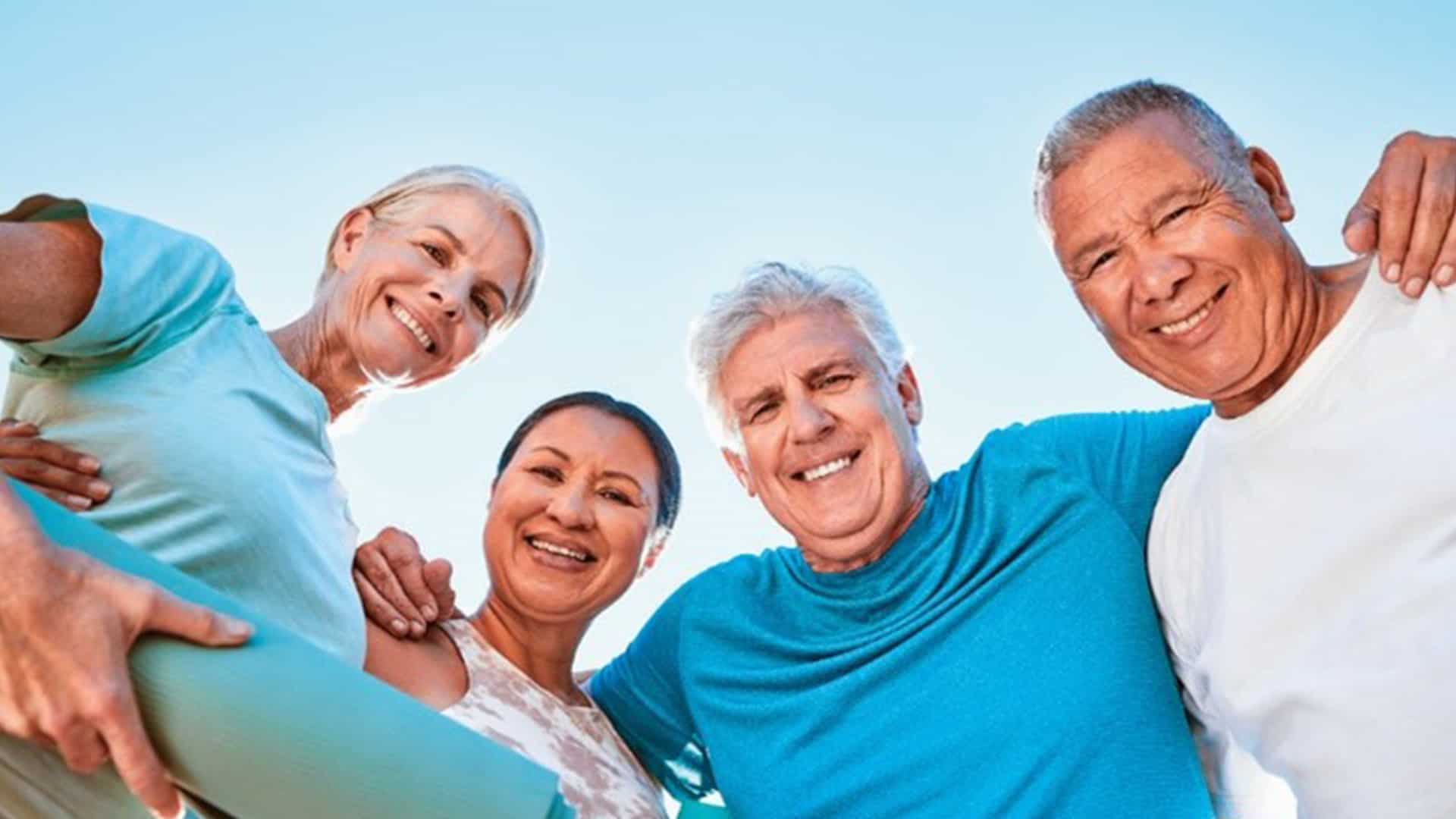Categories
- Case Studies
- Consultation
- Events
- Evidence Base
- Funding
- Networks
- Policy / Strategy
- Programs and Initiatives
- Tools and Guides
Tags
- Access and affordability
- Active travel
- Bike riding
- Built and Natural Environment
- CALD communities
- Chronic disease
- Collaboration / partnership
- Community Centres
- Community engagement
- Community led / place-based
- Community wide
- Data and Demographics
- Digital and IT
- Early intervention
- Educational institution or university
- Empowered People
- Equity
- Evaluation
- Exercise
- First Nations People
- Food security
- Food system / industry
- Food Venues
- Funding and grants
- General health and wellbeing
- health
- Health promotion/prevention
- Health service
- Health System
- Health, Government, and Other Services
- Healthy eating
- Healthy food and drinks
- Healthy weight
- Healthy Workplaces
- Industry and social ventures
- Infants, children, and young people
- Infrastructure, Planning and Urban Design
- Local Government
- Monitoring and Evaluation
- Not-for-profit and non-government organisations
- Nutrition
- Older people
- Overweight/Obesity
- Parents
- Parks and public spaces
- People living with disability
- Physical activity
- Places, settings, environments
- Public Transport
- Queensland
- Regional
- Remote
- Rural
- Safety and inclusions
- Schools and Early Childhood Places
- Sedentary Behaviour
- Sleep
- Sport and active recreation industry
- Sport and recreation facilities
- Streets, pathways, bike paths
- Urban
- Walking
- Weight
- Wellbeing
Educational institution or university
Resource Library
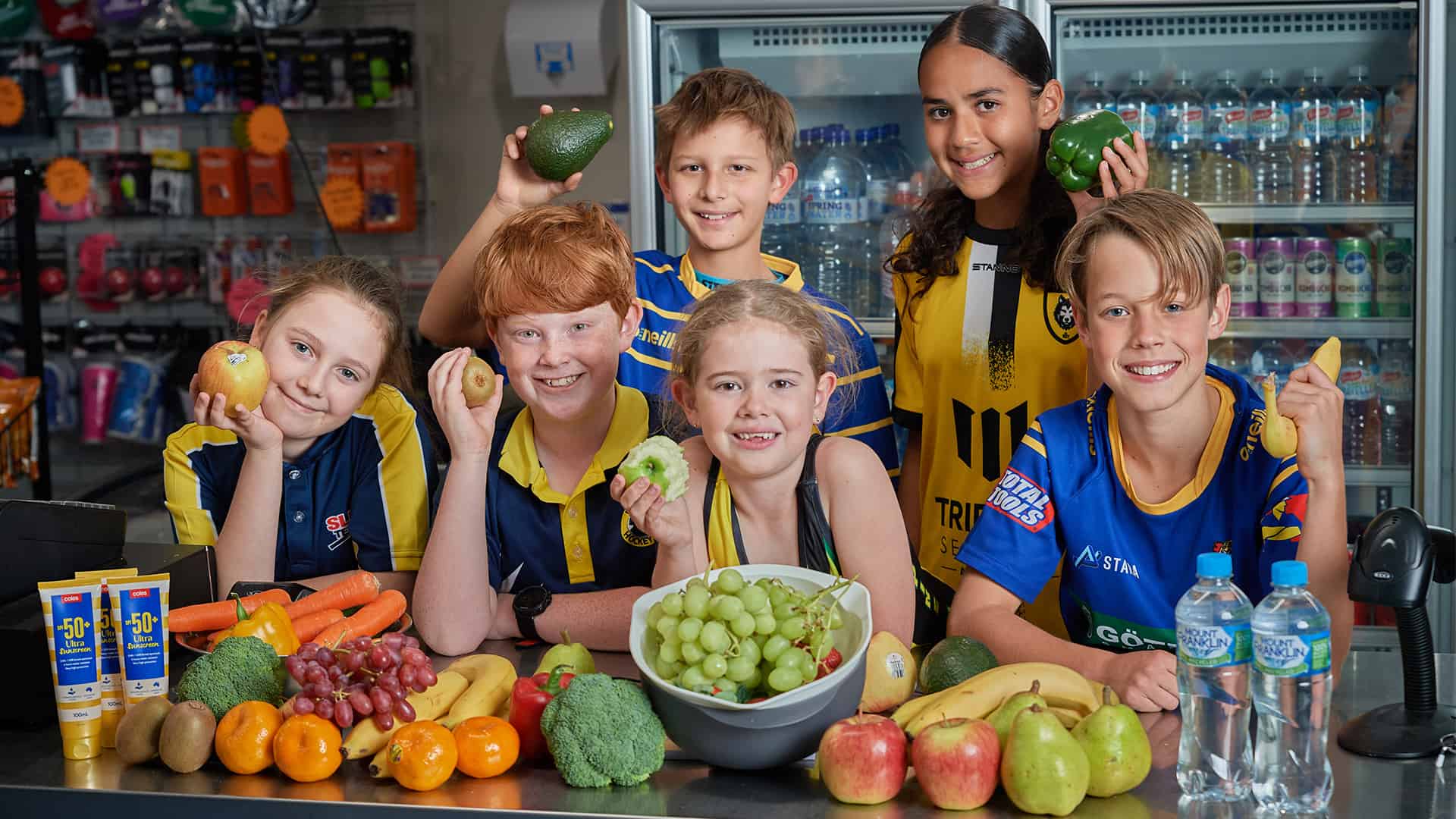
Healthier food and drinks in sport and recreation facilities
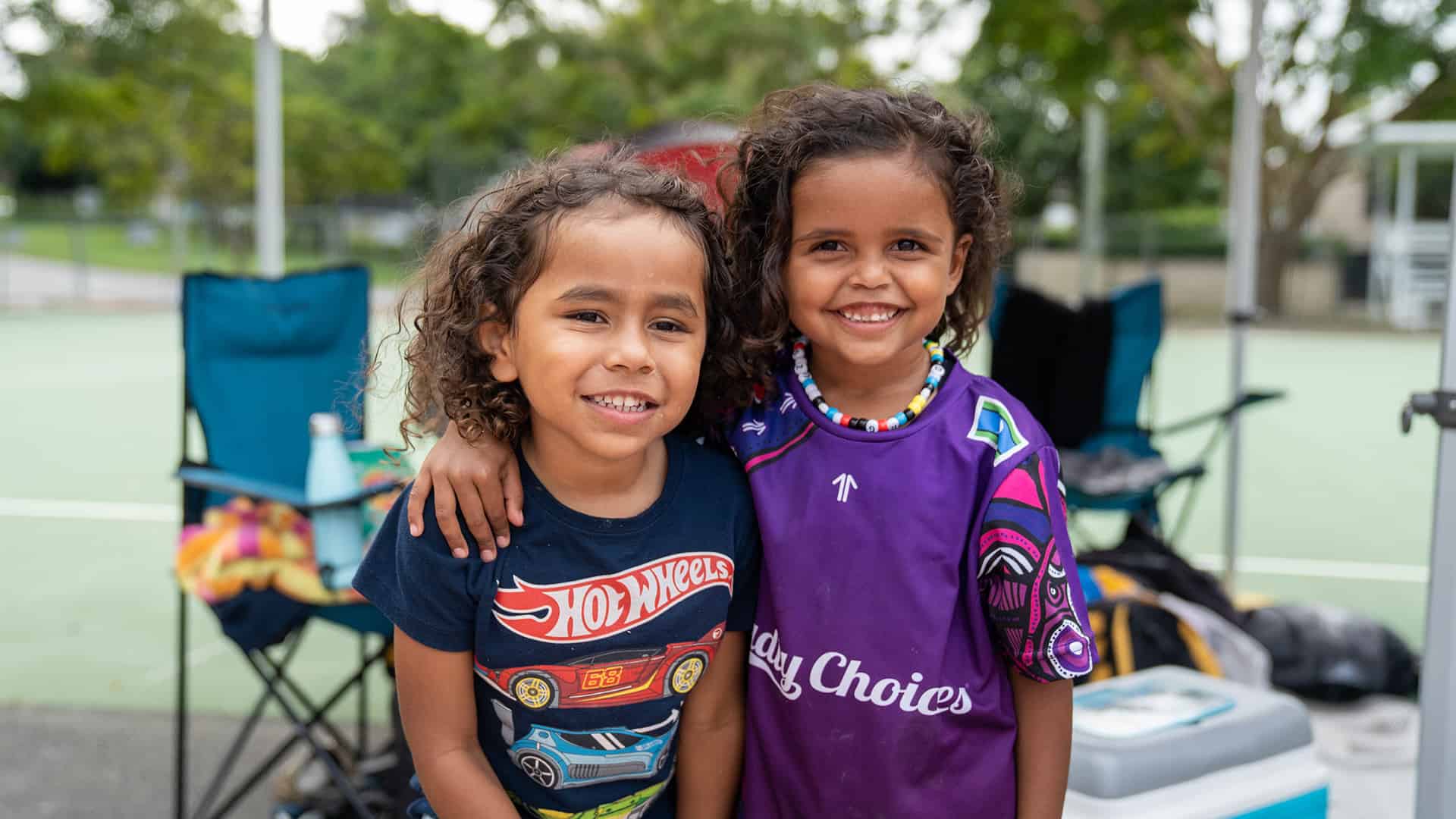
- Chronic disease
- Collaboration / partnership
- Early intervention
- Empowered People
- Exercise
- First Nations People
- General health and wellbeing
- Health service
- Health, Government, and Other Services
- Healthy eating
- Healthy food and drinks
- Infants, children, and young people
- Nutrition
- Older people
- Overweight/Obesity
- Parents
- People living with disability
- Queensland
- Regional
- Remote
- Rural
- Urban
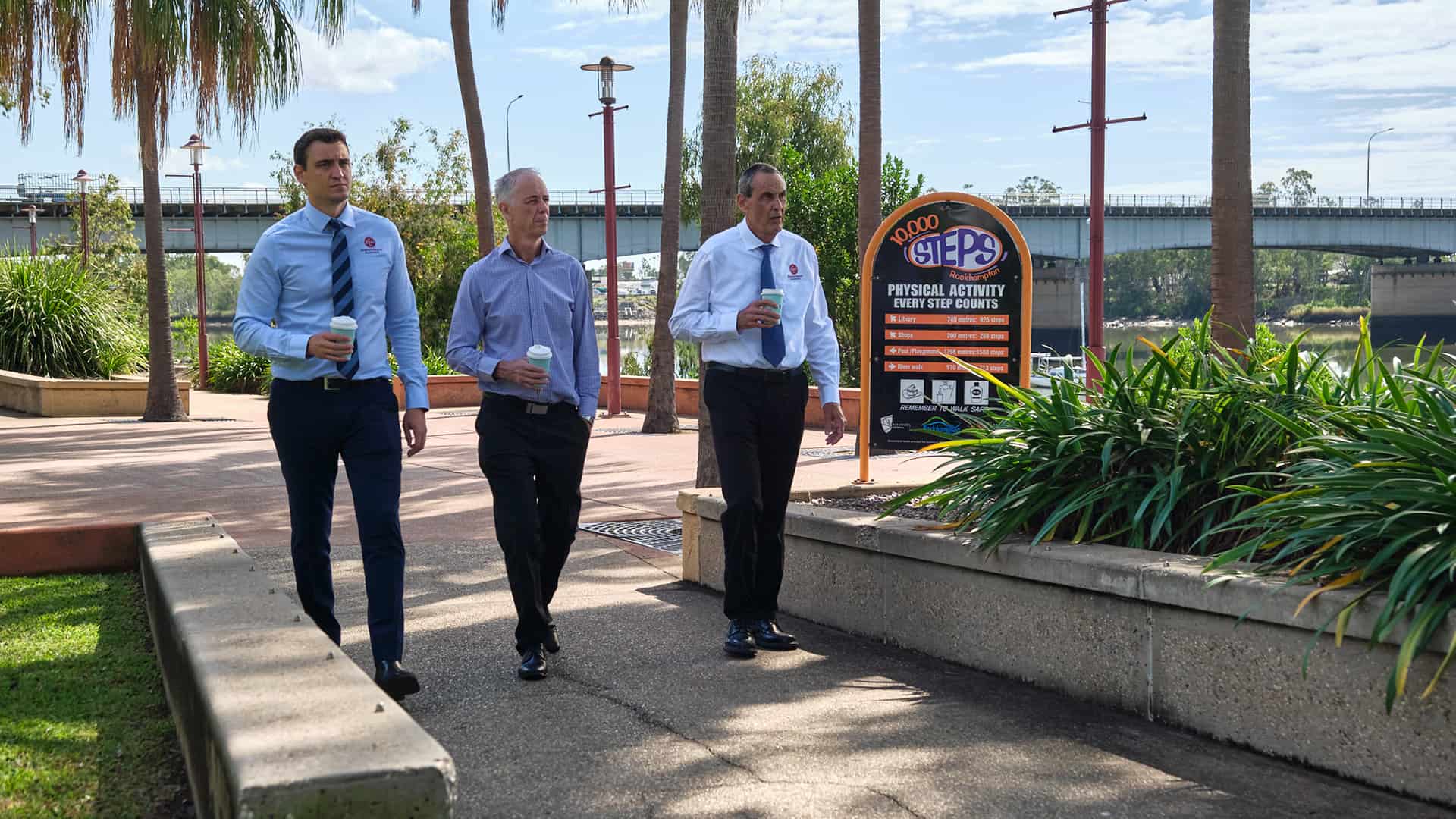
- Active travel
- Bike riding
- Chronic disease
- Collaboration / partnership
- Digital and IT
- Educational institution or university
- Exercise
- Healthy weight
- Healthy Workplaces
- Infrastructure, Planning and Urban Design
- Older people
- Overweight/Obesity
- Parents
- Physical activity
- Queensland
- Sedentary Behaviour
- Sport and active recreation industry
- Streets, pathways, bike paths
- Walking
Browse Resources
Case study: The Eat, Breathe, Move (EBM) program
The Eat, Breathe, Move (EBM) program, aimed to promote physical activity by recognising the connection between metabolism, breathing and movement.
10,000 Steps
10,000 Steps is a free, interactive, evidence-based behaviour change program that motivates individuals to increase daily physical activity.
- Active travel
- Bike riding
- Chronic disease
- Collaboration / partnership
- Digital and IT
- Educational institution or university
- Exercise
- Healthy weight
- Healthy Workplaces
- Infrastructure, Planning and Urban Design
- Older people
- Overweight/Obesity
- Parents
- Physical activity
- Queensland
- Sedentary Behaviour
- Sport and active recreation industry
- Streets, pathways, bike paths
- Walking
Related Resources
Case study: The Eat, Breathe, Move (EBM) program
The Eat, Breathe, Move (EBM) program, aimed to promote physical activity by recognising the connection between metabolism, breathing and movement.
10,000 Steps
10,000 Steps is a free, interactive, evidence-based behaviour change program that motivates individuals to increase daily physical activity.
- Active travel
- Bike riding
- Chronic disease
- Collaboration / partnership
- Digital and IT
- Educational institution or university
- Exercise
- Healthy weight
- Healthy Workplaces
- Infrastructure, Planning and Urban Design
- Older people
- Overweight/Obesity
- Parents
- Physical activity
- Queensland
- Sedentary Behaviour
- Sport and active recreation industry
- Streets, pathways, bike paths
- Walking



